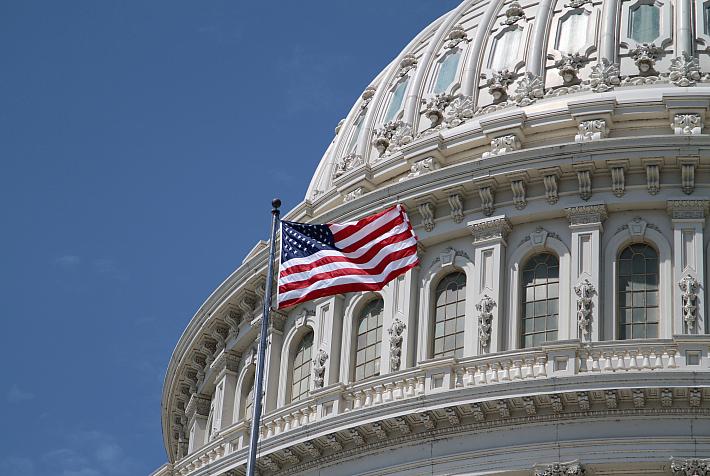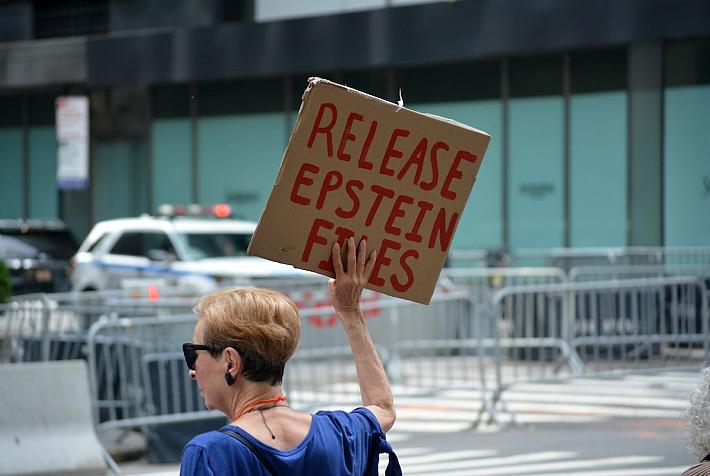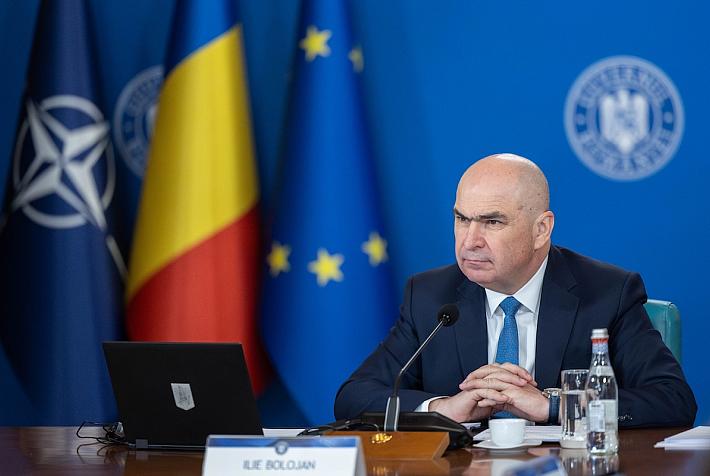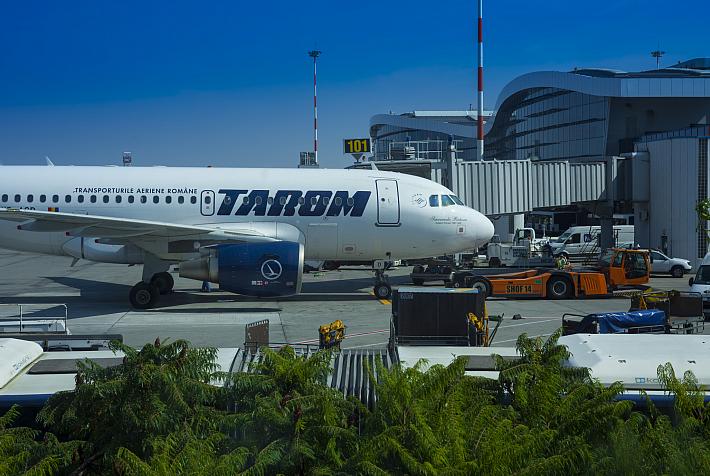Bucharest Stock Exchange CEO: It would be a failure if we don’t reach the EUR 20 mln average daily turnover in one year

Bucharest Stock Exchange (BVB) aims to more than double its daily stock trading volumes from an average of EUR 9 million in the first half of 2014 to at least EUR 20 million one year from now, according to BVB’s CEO Ludwik Sobolewski. Several measures, including a special trading market for small and medium enterprises, should help to this end.
“It would be a sort of failure if we don’t get to this level,” Sobolewski told Romania-Insider.com.
The local stock market reached a maximum in 2007, when daily trading averaged and often exceeded EUR 20 million. Currently, trading prices for the most important shares listed on the Bucharest Stock Exchange are about 40 percent lower than in 2007.
Increasing the liquidity of the local capital market is a must for Romania to be considered for an upgrade to emerging market status, one of Sobolewski’s main goals as CEO of the BVB.
He plans to achieve this by changing the infrastructure of the market, a joint effort of the Bucharest Stock Exchange and the Central Depository, which is ongoing. It has already seen some steps done, by eliminating the eight barriers for investors on which the BVB has been working together with the Financial Supervisory Authority ASF and the Romanian Government, but also by attracting a larger number of individual investors on the BVB.
For this later goal, the BVB announced a set of ten measures to be taken in order to encourage more individual investors to access the Bucharest Stock Exchange.
Sobolewski named this set of ten recommendations “10 steps towards civic shareholding” and made them public in the first Individual Investors Forum held in the Black Sea resort of Neptun between June 27-28, 2014. “The solutions contained in these recommendations are part of the InvestingRomania program whose goal is to broaden investors' community in Romania and bring in larger flows of capital and savings towards the financial instruments available on the markets run by the Bucharest Stock Exchange,” Sobolewski explained.
Among these ten solutions he mentioned better accessibility for individual investors, including measures to stimulate their participation in initial public offerings (IPOs) conducted by state-owned enterprises. “Some of these instruments were already tested, such as discounts for retail and guaranteed shares. But I think they should be used cumulatively in order to be more effective. There is also the question of corporate bonds. They should also be offered to retail investors,” Sobolewski said.
He made an example of Warsaw Stock Exchange, which he led until end-2012, which managed to raise some EUR 20 million from individual investors as part of a larger bond issue, in 2011. “Those bonds became the most liquid bonds on the market,” Sobolewski said. Making corporate bonds available for the public could contribute to raising the liquidity on the bonds segment of the Bucharest Stock Exchange as well.
But some other measures were also proposed in this “10 steps towards civic shareholding” document. One of them is to stimulate individual investors by fiscal measures, a proposal which should be discussed with Romania’s Finance Ministry. Another is to improve the corporate governance of listed companies and make them more transparent and investor friendly.
The BVB also plans to work with the ASF on systemic measures for the safety of savings and investments on the stock market, which should prevent frauds. Protecting individual investors’ rights and appointing an office and institution of Ombudsman for the Individual Investors' Rights will also be considered. Making it easier for individual investors to participate in general meeting of shareholders and for the execution of voting rights would also make them more active on the market.
Other goals are to build investors’ communities and to work on educating the public on financial investments. But when will all these recommendations become reality?
“Some of them will be introduced in a very short time, like the corporate governance. The new code will be published in early autumn and will be effective from January next year. This is one example of something which can be implemented very shortly. Other probably will take more time and one of them is for sure this taxation solution which will not be easy. But it should be started and proposed to the authorities,” Sobolewski told Romania-Insider.com.
The market segment for small and medium enterprises (SMEs) is also something which can be tackled in a short period of time, he added. “We plan to re-launch this some time in autumn this year. It depends on when we get the approval from the ASF. It will be very close to the New Connect (similar market in Poland, e.n). We will introduce something less known by now, private placement. Companies will not need approval from the ASF. It will be a market regulated by the Bucharest Stock Exchange.”
Sobolewski, who has been at the helm of the Bucharest Stock Exchange for ten months, since the end of August 2013, has already made his mark on the Romanian capital market by starting many changes in a relatively short period of time.
Some of them have already been introduced: new indexes, new methodology for indexes, new segmentation of markets, a new program for market makers, new trading hours, a new phase of trading. Others are still waiting green-light from the ASF to be enforce, such as issuers' market makers, the separation of trading and post trading environments, and the elimination of the odd lot market.
He also convinced the financial market regulator and the Romanian Government that changes are needed in market regulations and in legislation, in order to eliminate the barriers that investors, both institutional and individual, foreign and local, face when investing on the Romanian market. They are all working now on removing the so called “8 barriers” and once this will be finished, the Romanian capital market should become more appealing for investors.
Many of these changes are very technical and lack the visibility of large IPOs. But for many investors, they make the difference between investing in Romania or not, Sobolewski said.
“Little things bring big changes. We managed to abolish mandatory fiscal agents for institutional investors. When I talked to investors of Fondul Proprietatea they said <<we didn’t know, that’s why we subscribed for GDRs of Electrica, but now we will start opening accounts in Romania>>. And this is just because of fiscal agents,” Sobolewski told Romania-Insider.com.
“This is why I’m confident about the turnover increase. But it largely depends on these reforms, on removing the barriers and what we will do besides that,” the BVB CEO concluded.
Andrei Chirileasa, andrei@romania-insider.com












